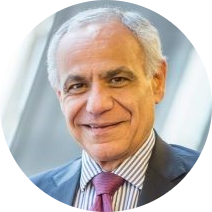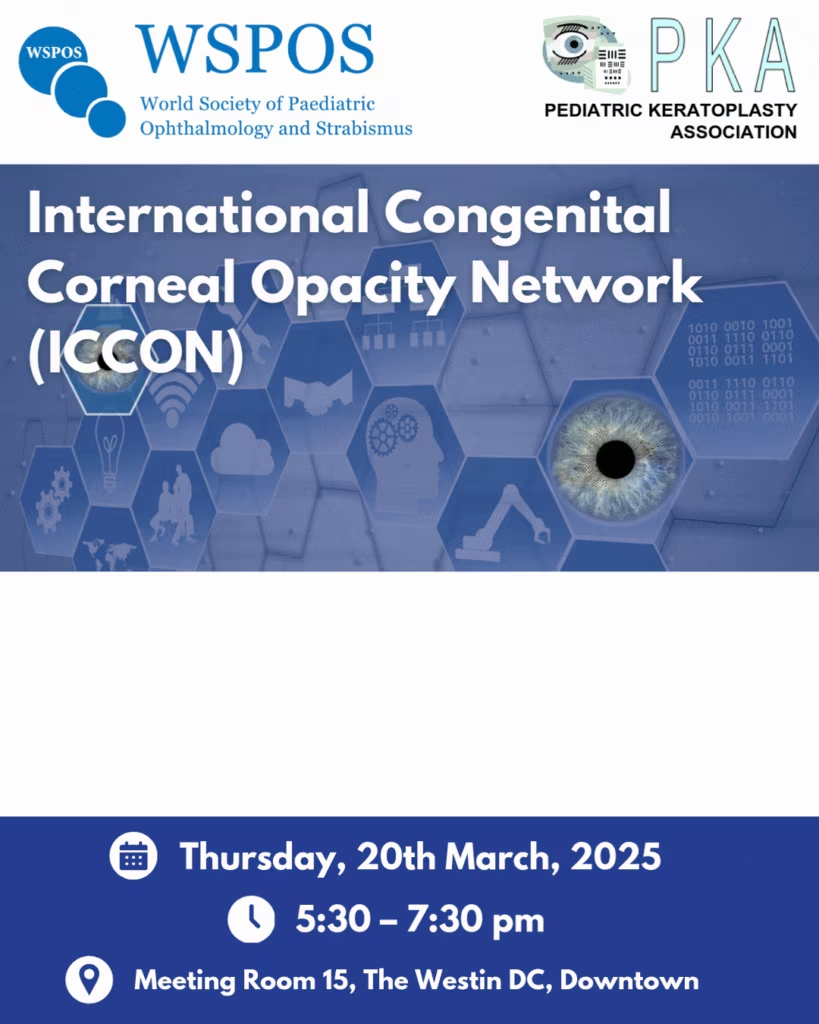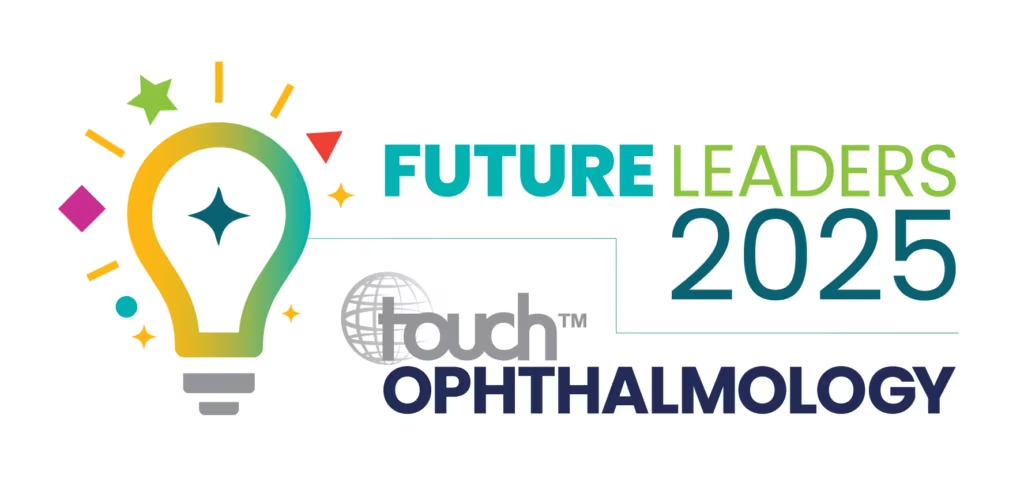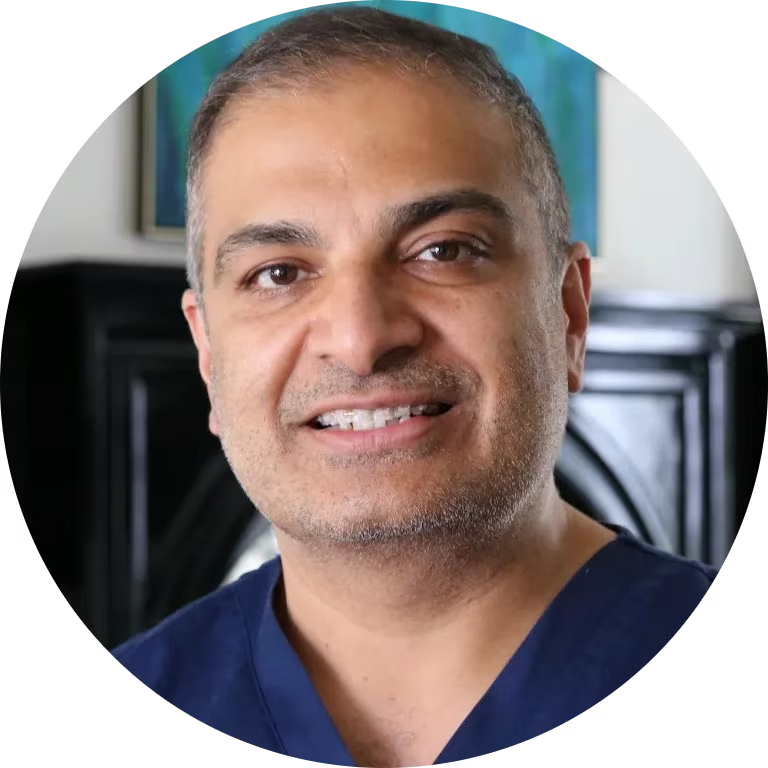My Learning
Login
Sign Up FREE
Register Register
Login
Trending Topic

8 mins
Trending Topic
Developed by Touch
Mark CompleteCompleted
BookmarkBookmarked
Sean Adrean
NEW
On 28 May 2024, enrolment in phase III clinical trials for sozinibercept in neovascular age-related macular degeneration (nAMD) was completed.1 These trials include two large multicentre, double-masked, randomized controlled trials (RCTs): COAST (OPT-302 with aflibercept in neovascular age-related macular degeneration; ClinicalTrials.gov identifier: NCT04757636) and ShORe (OPT-302 with ranibizumab in neovascular age-related macular degeneration; ClinicalTrials.gov identifier: NCT04757610).2,3 These trials represent one of the largest phase […]
touchREVIEWS in Ophthalmology. 2025;19(1):Online ahead of journal publication





















